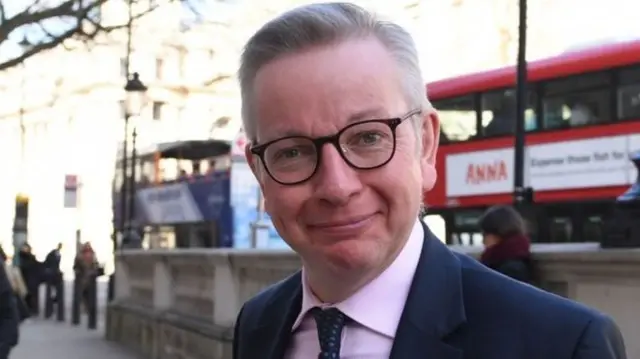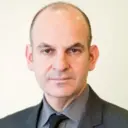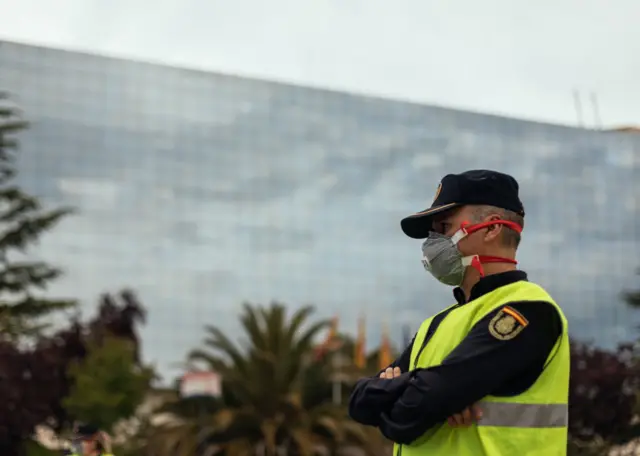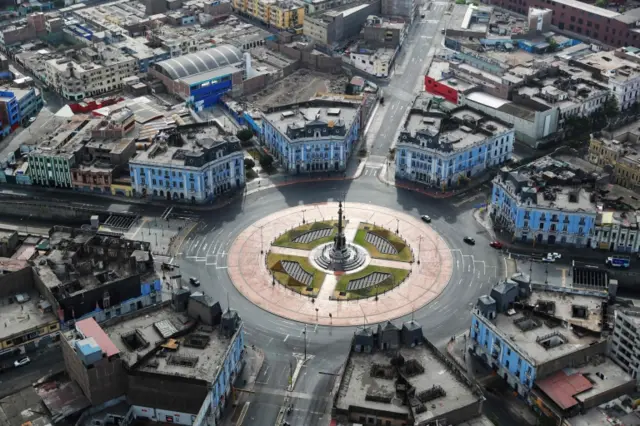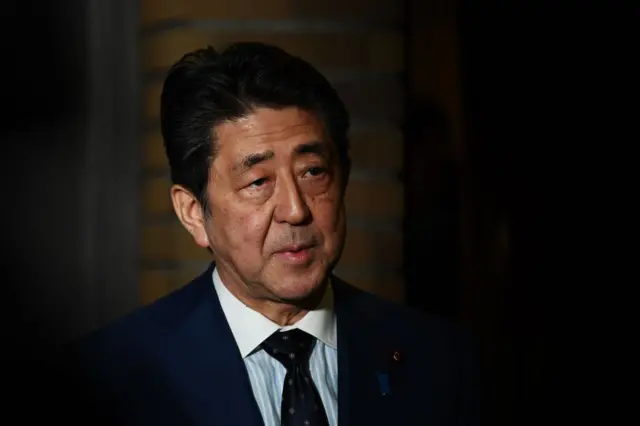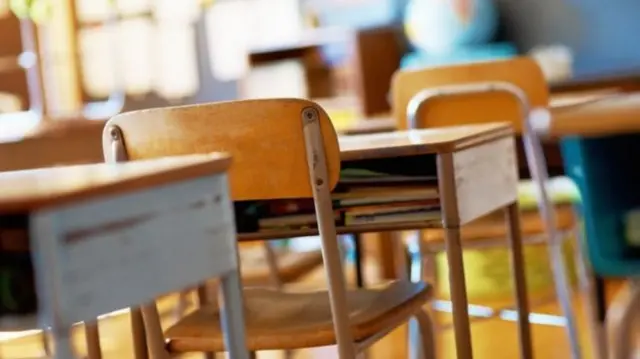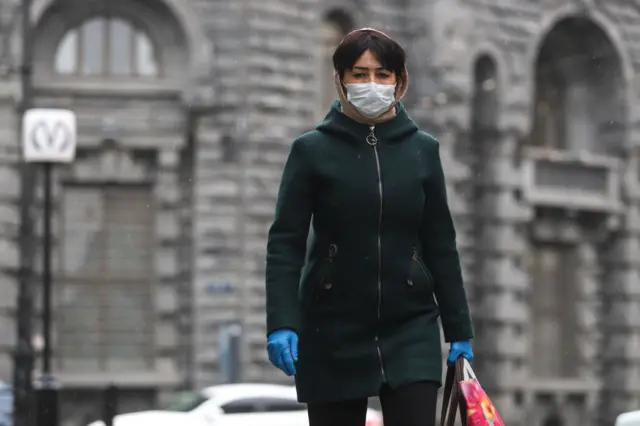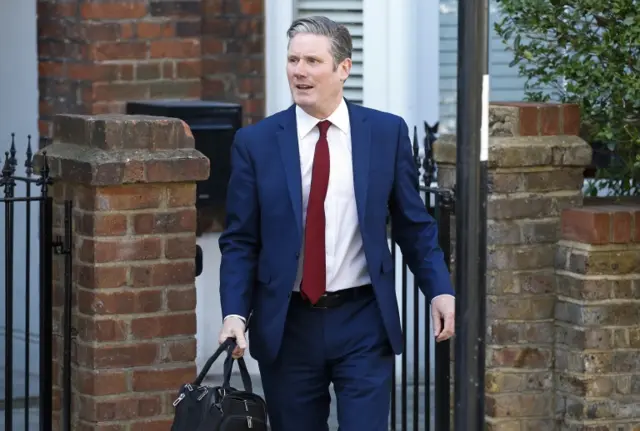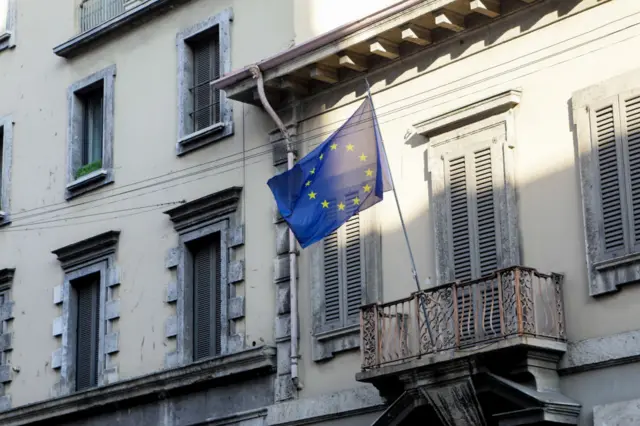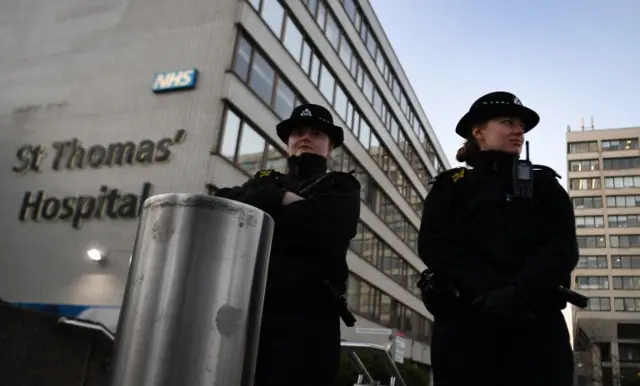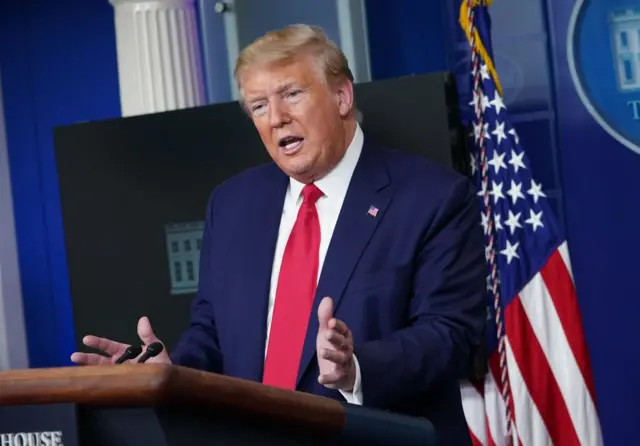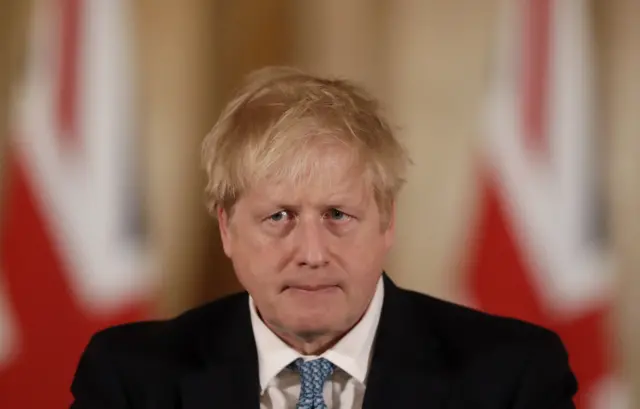Queen thanks health workers' 'selfless commitment'published at 11:16 BST 7 April 2020
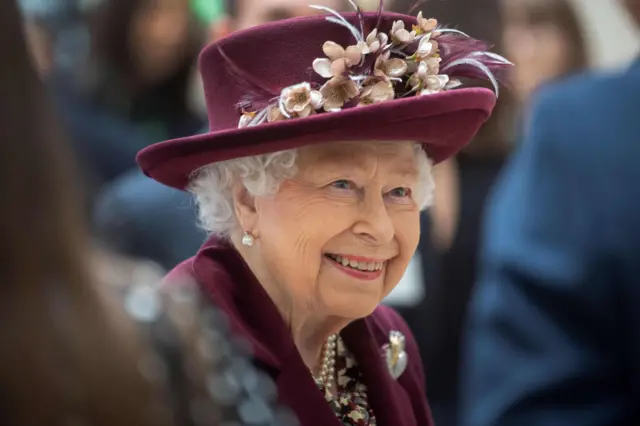 Image source, Getty Images
Image source, Getty ImagesThe Queen has paid tribute to healthcare professionals fighting the coronavirus pandemic in a new statement to mark World Health Day.
The monarch, who gave a rare TV address on Sunday, praised workers' dedication and thanked them for their "selfless commitment".
The message, addressed to healthcare professionals across the Commonwealth and around the world, said: “On the occasion of World Health Day, I want to thank all those in the healthcare profession for your selfless commitment and diligence as you undertake vitally important roles to protect and improve the health and well-being of people across the Commonwealth, and across the world.
“In testing times, we often observe that the best of the human spirit comes to the fore; the dedication to service of countless nurses, midwives and other health workers, in these most challenging of circumstances, is an example to us all.
“My family and I send our enduring appreciation and good wishes.”
